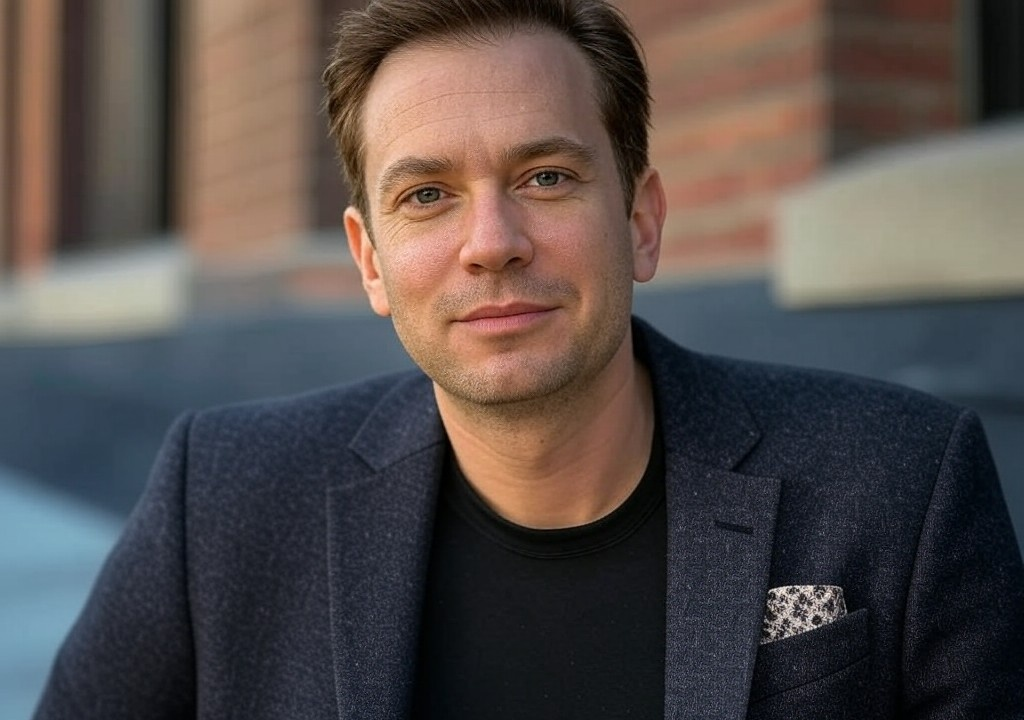Some books come to you at the perfect moment, like an accidental text from your crush that suddenly turns into an hour-long conversation. For me, that book was Norwegian Wood by Haruki Murakami. I stumbled across it during my first real heartbreak, a time when I realized that "it's not you, it's me" wasn’t just a cliché but a terrifyingly accurate diagnosis. It was my junior year at Yale, where everyone seemed to either be pre-engaged to their high school sweetheart or conducting social experiments disguised as dating. Me? I was somewhere in between—falling headfirst into connections that felt like they had soundtracks, only to watch them fizzle under fluorescent dining hall lights.
Murakami's novel, with its quiet exploration of love, loss, and memory, was like having a wise (and slightly melancholic) friend whisper truths into my ear at 2 a.m. It didn’t teach me how to get over someone. Instead, it taught me something more profound: how to sit with the weight of those emotions, turn them over like skipping stones, and—eventually—release them.
A Great Love Story That Doesn’t Promise You a Happy Ending
Here’s the thing about Norwegian Wood: no one is truly winning at love. In fact, most of the characters are battling their own funks—crushing losses, existential dread, and those moments where you stare at the ceiling wondering if you’ll ever feel connected to another human being again. (Sound familiar, anyone who’s ever sentimental-texted an ex?)
But that’s the beauty of it. For Toru, the main character, romance isn’t a linear journey with a Hollywood climax. It’s messy, complex, and often bittersweet. His relationships—with the introspective, fragile Naoko, and the fiery, unpredictable Midori—are reminders that not every love story is designed for forever, and that doesn’t devalue the time you spent in it.
Back then, I needed this reality check. Like many of us in our early twenties, I was quietly convinced that every fling, crush, or late-night coffee shop conversation could be fate putting its hands on my shoulders. When things didn’t work out, I’d oscillate between blaming myself (usually unwarranted) and blaming them (also unnecessary). But Murakami’s pages felt like a balm—a reminder that impermanence doesn’t mean failure. Some relationships aren’t destinations. They’re rest stops on that long, winding drive of self-discovery.
Heartbreak Is Like Jazz
There’s a scene in the book that hit me like stepping outside into January without a coat. Toru recalls listening to The Beatles’ “Norwegian Wood (This Bird Has Flown)” on repeat, wrestling with that nagging feeling of knowing something is slipping away from you, but being powerless to stop it.
It occurred to me then: heartbreak is kind of like jazz. Hear me out. There’s no set structure, no real resolution—it’s an improvisation of feelings. Sometimes the same melody hits you hours, days, or weeks later, only now it feels different. In jazz, it’s dissonance that makes the harmony hit harder when it finally arrives. In breakups, it’s the dissonance of conflicting emotions—grief, nostalgia, anger, fleeting moments of relief—that make us grow.
Okay, I promise that’s as pretentious as I’ll get. But seriously, what Murakami—and later, life—taught me is to stop fighting those off-notes. Maybe you woke up one day and realized they weren’t “The One” after all. Maybe they ghosted you after three great dates, and you’re left wondering what flavor of toothpaste they used because you never got that far. Either way, sit with the jazz of it. Messy emotions make for some surprisingly beautiful human experiences.
Love Is a Dance, and We’re All Terrible at It at First
Flash forward five years later. I’d gotten over my collegiate heartbreak, moved back to Brooklyn, and was navigating my own version of a Murakami-esque city—messy, romantic, flawed, and sublimely alive. Love wasn’t so abstract anymore. It had taken various shapes—a whirlwind fling in Berlin, a long-distance experiment with someone I met on the A train, and a relationship with an artist that ended when his cat liked me more than he did. (We’re somehow still friends; the cat is thriving.)
And guess what? I’m still fumbling my way through it, two left feet and all. That’s the other lesson Norwegian Wood left me with: love is less about finding the perfect dance partner and more about learning to move together despite your missteps. Spoiler alert—it’ll be awkward. At some point, someone’s going to step on your toes and another person will embarrass you by attempting an interpretive waltz when you were just swaying to a slow jam.
But those moments teach you resilience. They teach you presence. They teach you that occasionally fumbling is okay, as long as you’re willing to learn.
How Books Heal Us
I’ve always believed that books find us when we need them most, the same way friends magically seem to call when you’re crying on the kitchen floor and reheating Chinese takeout. What Norwegian Wood gave me wasn’t advice but perspective, something far rarer and infinitely more valuable.
Here’s the takeaway: Love is going to hurt sometimes. People will disappoint you—even people you swore up and down would never. Occasionally, you will find yourself crying into a bottle of overpriced cabernet while Taylor Swift’s Red spins in the background. And it’ll all be okay. Each connection, whether fleeting or lasting, teaches you a bit more about who you are and how you love.
So, the next time you’re reeling from a breakup or wondering why it feels so hard to hold on to someone, I’d say this: Pick up a book. A good one. Maybe Norwegian Wood, or one that resonates with your own emotional messiness. Let it show you the mosaic of human experience—how beautifully jagged it can be—and remind yourself that even the unsettling parts hold value.
Because here’s the truth: Being fully human means embracing the cracks, the crescendos, and every awkward dance step in between. And just like Toru learned to keep moving forward, so can we.




















